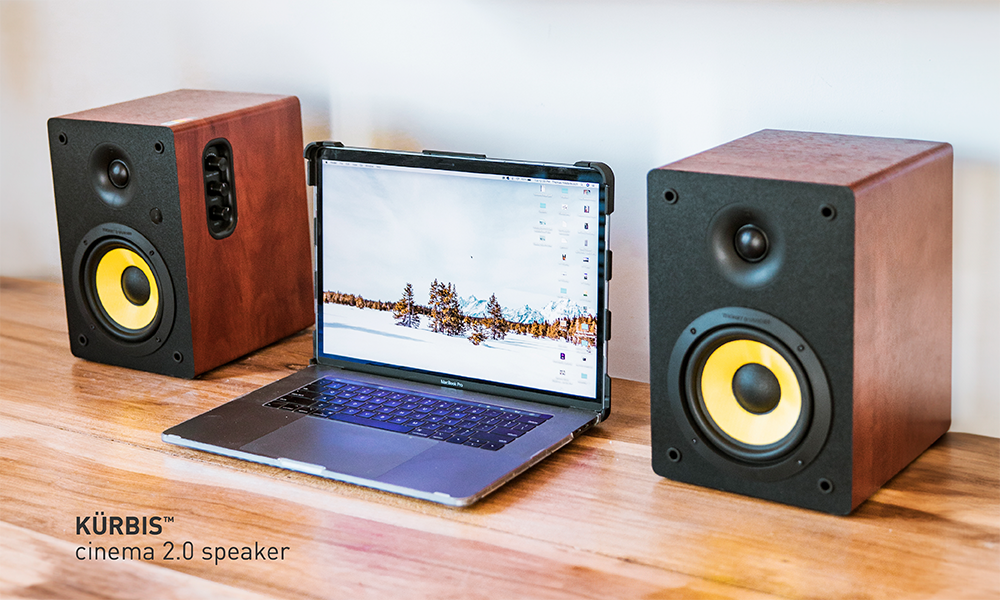Since ancient Greece, music was considered linked to order, harmony, balance and, therefore, an ideal complement for man. This is one of the most universal ways that human beings have to express themselves and communicate and is present in the daily lives of individuals of all ages around the world. It is a stimulus that influences all levels of the human being: biological, physiological, psychological, intellectual, social and activates more parts of the brain than any other human stimulus. In fact, it influences both hemispheres at the same time, leading to balanced but also varied development. For example, on the left hemisphere side, music helps in the progress of rhythmic perception, motor control, logic and reasoning. On the right hemisphere, it contributes to the development of musical perception and performance, artistic creativity and fantasy, visual and auditory perception. Due to its great influence, it becomes a tool to develop multiple qualities of the human being in various areas such as affective, cognitive and social, making it a very powerful resource to be able to interfere in the development of a person from a perspective. very young age. However, several researchers have come to the conclusion that in order to obtain these benefits, the stimulus must be constant and voluntary. This means that it should not be imposed in a hostile way or should be presented as an obligation, but rather it should be proposed as a game or in an interesting way for the child.
The musical sense of the human being begins its development during the gestation period, since the fetus is immersed in a sonosphere that is specific to the environment in which it is located. This growth of sense allows you to perceive intrauterine sounds such as heartbeats, breathing, and the mother's voice. After birth, this sense continues to develop in the infant's daily life through songs or dances.
As mentioned above, music intervenes in the development of various aspects of the human being, such as perceptual capacity and musical creativity. The first takes the basic immediate experiences that the individual receives, also called sensations, and interprets them by giving them meaning and organization. For example, when a guitarist plays an isolated string the listener receives the sensation and it is thanks to his perceptive capacity that he can recognize that it is part of a specific work. On the other hand, music encourages the development of musical creativity. This is the individual's way of expressing themselves in the world and which can be manifested through composition and performance.
Musical stimuli also help to form the personality of human beings and their relationship in society. These, according to educational philosophers, cause aesthetic enrichment and promote personal well-being, which is why many people study music to have a moment of happiness. Furthermore, from a social point of view, it is through it that human beings begin to form bonds with each other and develop capabilities, behaviors and thoughts that help the person to interact successfully in society.
A study carried out at the National University of Psychology and Educational Sciences of Portugal changed the typical axis of research from the effects of music, which is mental, to the physical benefits on children's motor development. Motor skill is, by definition, an individual's conscious mastery of motor skills such as grasping an object, balance, and posture. The test consisted of teaching a group of children, for 24 consecutive weeks, different instruments as well as basic fundamentals of music. At the end, it was discovered that all the infants increased their fine motor skills and bimanual coordination, because music and movement arise simultaneously from the need for expression. Every action adapted to a rhythm is the result of a complex set of coordinated activities between the body, the environment and the voice, which are used as materials or means for motor and musical activity.
Music also plays a great role in the cognitive development of human beings. This development is the process in which the individual learns particular thinking skills, such as perception, understanding, memory, and management of his or her environment. Because musical practice activates both hemispheres of the brain, activating various areas, several investigations came to the conclusion that music influences the neural connections necessary for concentration, mathematical skills and language learning, these being skills that are part of of the infant's cognitive development. This is why during the child's teaching, for example during kindergarten, the use of known songs is encouraged to more easily incorporate new information.
In relation to language learning, a joint study between Beth Israel Deaconess Medical Center and Harvard Medical School showed that children who obtained three or more years of music education demonstrated greater progress in auditory discrimination than those children who did not receive this type of education. This auditory discrimination is a basic tool for learning languages other than the mother tongue, since it allows us to differentiate the different sounds that different languages present. But in addition, these same children presented better development of vocabulary and also non-verbal language. What was discovered is that music and language development share neurological mechanisms, so the stimulation of one also influences the other. Likewise, children understand words more easily through the repetition of the sounds they hear, so it is based on frequency, and both are specific and characteristic characteristics of music. For example, an infant begins to learn his first words thanks to the repetition of letter sounds such as “m” and “a” so that he acquires both and can then pronounce “mama.”
Science has discovered that music plays an important role in the formation of the human being, not only cognitively but also motorally, which means that it can influence various aspects of an individual's life in most age ranges. However, it has been proven that it has a greater effect on individuals who are fully developing their skills, such as children. It helps them form their personality, their relationship with their environment and incorporate new teachings.
Summary:
Science has discovered that music plays an important role in the formation of the human being, from cognitive to motor development, which is why it influences various aspects of an individual's life. An early musical education helps to form their personality, their relationship in society and their acquisition of new knowledge, such as a greater vocabulary or a language other than their mother tongue.





